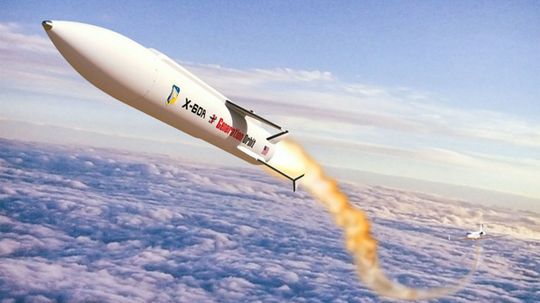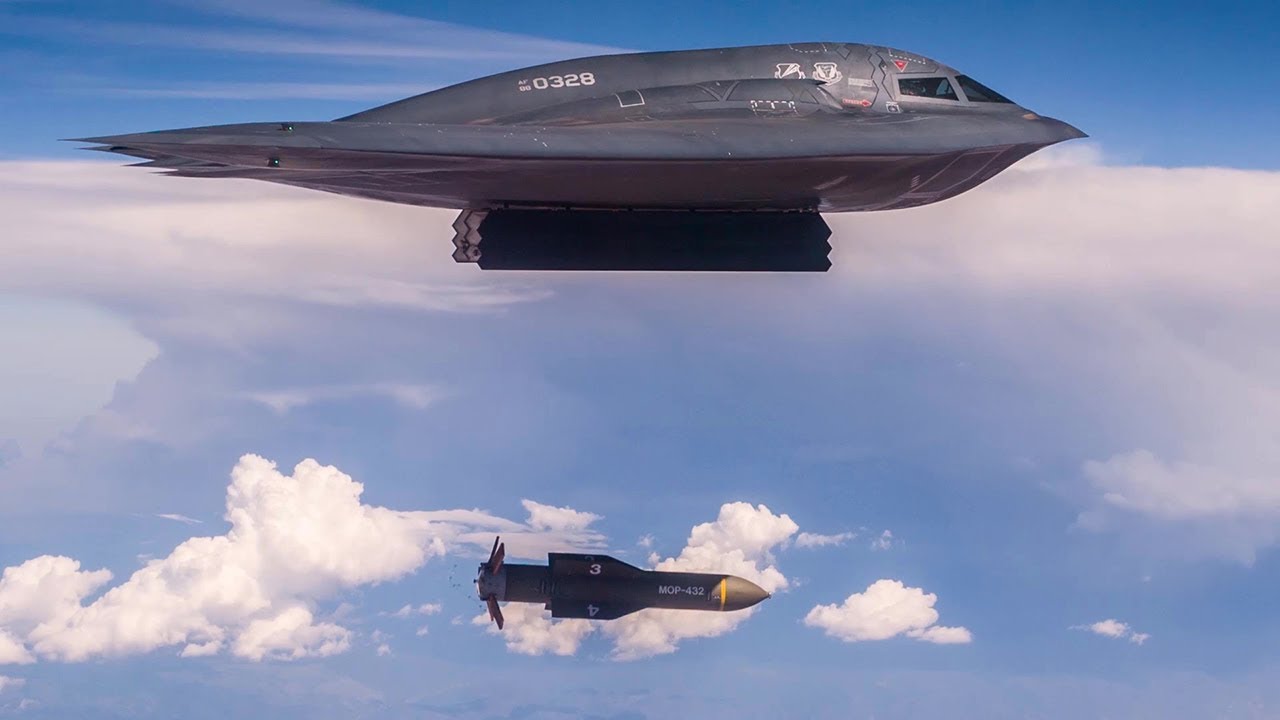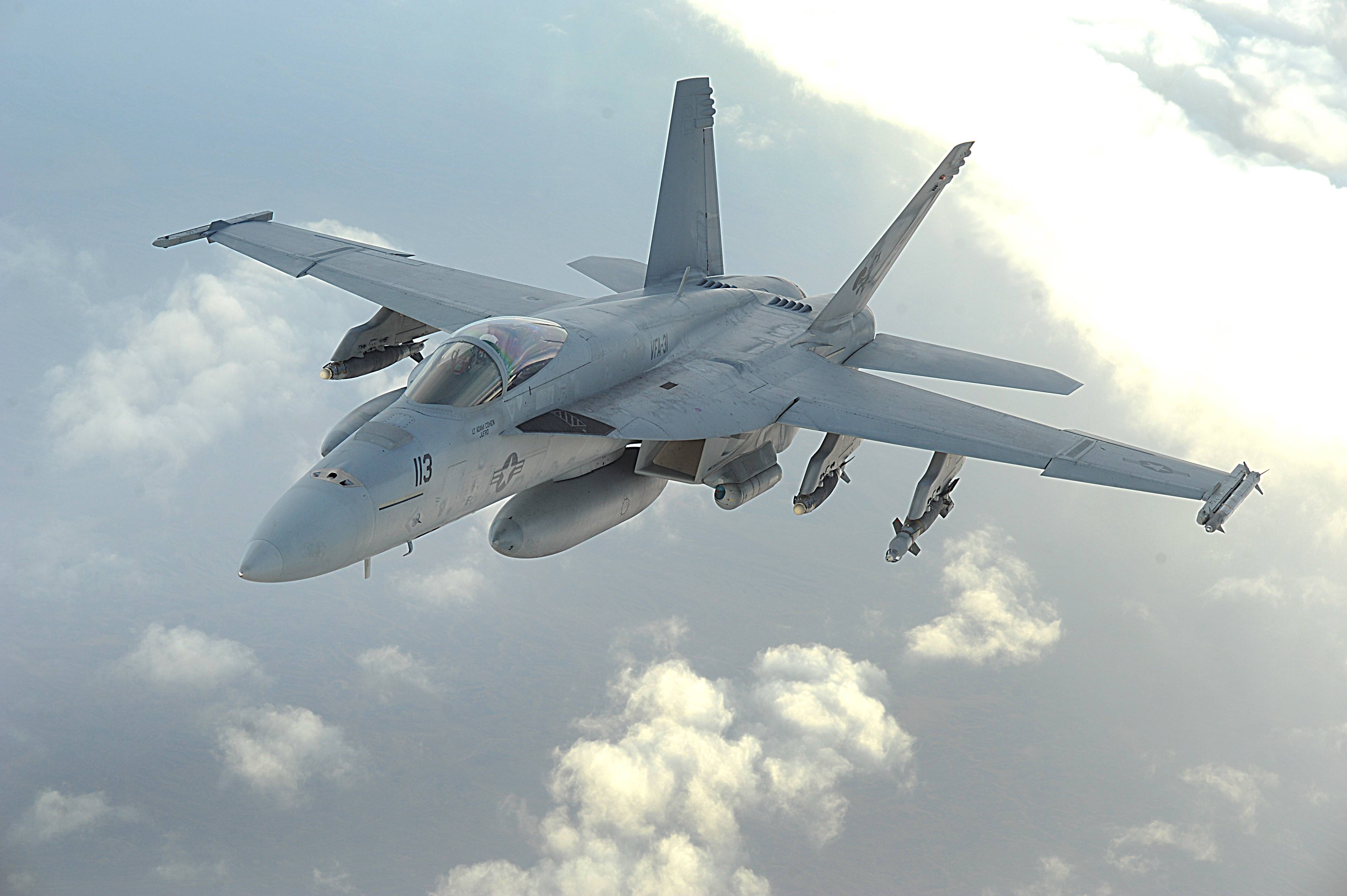
There is intense debate about the use of autonomous weaponry in many countries. It is clear that these weapons pose serious security and ethical challenges. China and others have proposed more strict criteria, such as a threshold for autonomy. Others are looking at more conservative criteria, such as a threshold of lethality or requirements for evolution.
Arguments in favor of a ban
There are strong arguments for and against an automatic weapons system ban. Artificial intelligence technology is rapidly improving, and scientists are worried about its possible application. While the United States resists calls for a ban, thirty other countries have spoken out against the use these weapons. New Zealand's arms control minister recently said that deploying these weapons is incompatible with the country's values. UN Secretary General also called to ban such weapons.
The debate is not only dominated by the private sector, but also includes concerns over unregulated autonomous weapons. For example, The Future of Life Institute began collecting signatures last summer for an international treaty that would ban such weapons.

Development challenges
A number of issues will have to be dealt with as autonomous weapons get more sophisticated and more common. Software failure is one the biggest challenges. These weapons have much more complex software than conventional human-guided weapons, and software failures can cause crucial mistakes or misinterpretation of data. This can have devastating consequences.
Human error could also be a problem. There may be legal restrictions that prevent autonomous weapon development from being done. These limits could lead to a conservative configuration, which could reduce the weapon's effectiveness. Additionally, autonomous subsystems could be "undeclared consumers" which would allow them to consume the outputs of their prediction process as input. Unintended feedback loops like social network filter bubbles could occur. Commanders might not be able to correct weapon behaviour in such an environment.
Security concerns
There are security concerns with autonomous weapons. These weapons have the potential to fall into the wrong hands and become deadly. The current structure of modern industrialized Western militaries makes them unlikely to use autonomous weapons. Even if the technology was developed in future, it is possible that such weapons could be misused.
There are many concerns about the possibility of such weapons being used against civilians. Many countries are already worried about the possible dangers. Iraq has, for instance, warned against fully autonomous weapons. It said such weapons could lead to an arms race that could have devastating consequences. It also stated that no decision could be handed over to machines, and that human decision-making is essential. Iraq demanded a preemptive ban against lethal autonomous weapons systems in November 2017 and has also voiced opposition to them in other forums. The country was present at the UN Security Council meeting on auto-operable weapons in August. But, it has yet to officially join the resolution.

Ethics
Autonomous weapons remain controversial in terms of ethical considerations. Some argue that autonomous weapons are immoral. Others say they are both moral and rational. It is difficult to see the whole picture, but it is essential to consider all possible ethical implications prior to pursuing technological innovation. This paper examines the dualistic idea of moral liability. It emphasizes that moral obligation does not always entail a duty to loyalty to a legitimate power. It also examines how accountability and autonomy are changing in 21st-century war.
Developing autonomous weapons is fraught with ethical challenges, especially in conflict situations. In particular, autonomous weapons will likely accelerate hostilities' onset, which will place the burden of war on civilians. Tensions will also increase because AI systems are more likely to make errors. AI systems pose ethical challenges in the contexts of mass killing. However, these weapons should not be developed without human oversight.